Words by Amon Warmann
There were hardly any women for Turkish-born composer Pinar Toprak to emulate when she set about making her way into the industry, but the body of work she’s amassed in the last 16 years ensures that others will follow in her footsteps. In addition to becoming the first woman to score a superhero blockbuster with Captain Marvel in 2018, her career also spans TV shows, video games, and documentaries, for which she’s earned multiple awards.
When we catch up with Toprak over Zoom late on a Monday night she’s perched on a comfy couch in her home studio, which is no less serene and impressive looking even though it now houses a treadmill (“that’s a COVID thing!”, she says). In our wide-ranging conversation we talk about her work on various superhero projects – including Stargirl, the newest small-screen heroine – finding the right work/life balance, and much more.
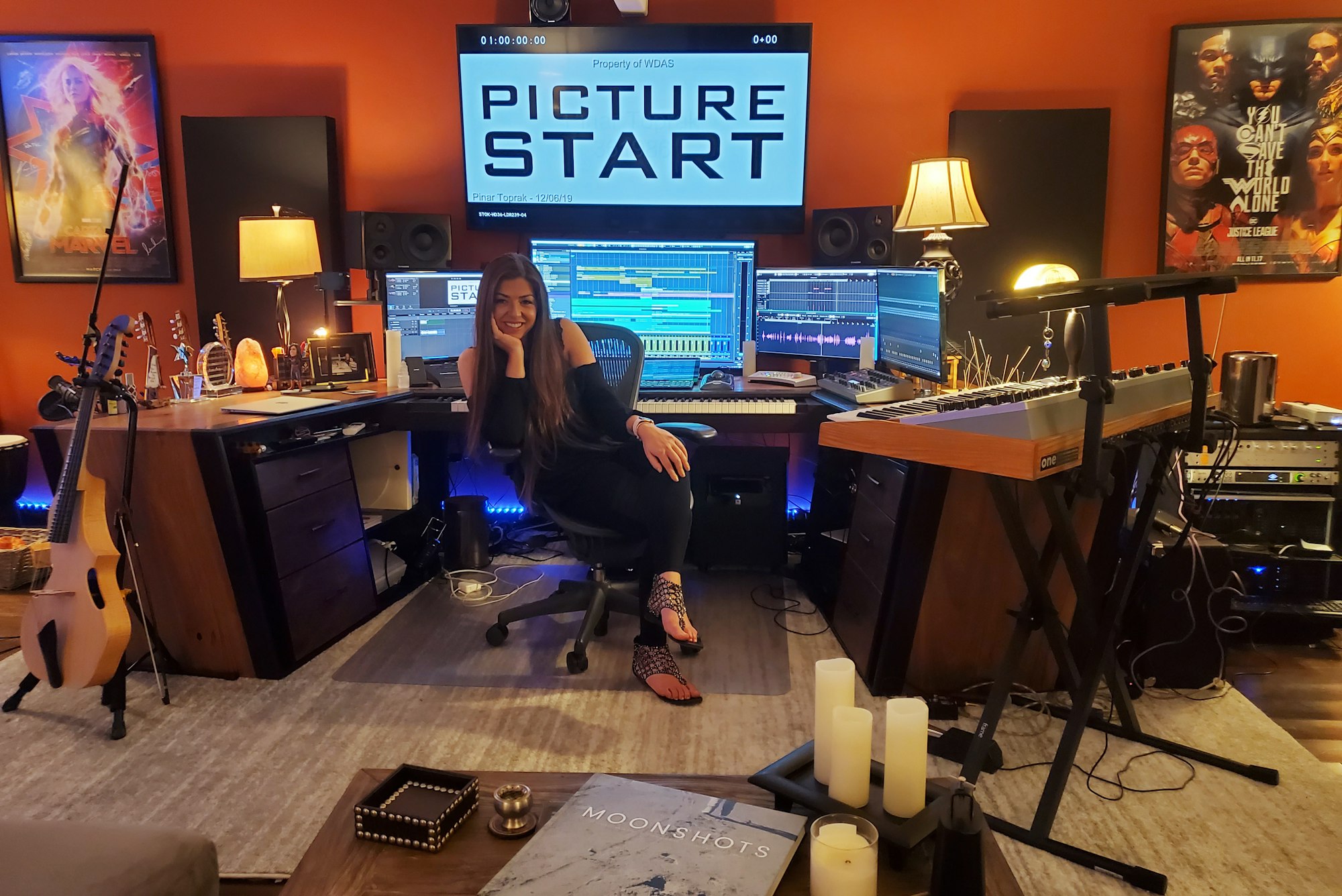
When did it click for you that composing is something you wanted to do?
Honestly, I don't remember a time it wasn't clicked. I was born with it clicked, which is really interesting. But there were times where I questioned it. There was never a time that I didn't want to do this with my life. I feel like in the last 15 years or so film scoring has definitely become a lot more popular. Especially with the advancement of technology – samples and everything else – so many more people are really intrigued by it and interested in it. Of course, there’s been a huge explosion with the different types of media and opportunities to write which gives opportunities to so many other composers.
I was born in 1980. So being a teenager in the 90’s, when I told people I want to go to America and score Hollywood films that just wasn't a common thing. In Turkey at that time there weren't even film composers. The pop musicians would score the few films that were made basically. For me, I never wanted to perform. I knew I was never going to be as good as the great performers that I know. I just didn't have that passion in me. I wanted to be the one that writes the music and I wanted to be in the background and I'm not a huge fan of the spotlight. I like being the person that gets the music done in the background. And honestly as much as I love music, I love films maybe even more sometimes. I just have this incredible passion for filmmaking and storytelling. I think that's kind of how I got into this, because I wanted to be part of filmmaking and music was the part of filmmaking language that I knew could be a part of that process. They're very much married. And occasionally I write music for music's sake, but it really doesn't happen that often. It's always married to some sort of a story or project.
In what way has the fact that The Prince of Egypt was the first score that really spoke to you important in your journey?
I think it was the timing. I always say it's not necessarily the thing that made me realise film scoring is what I wanted to do. It was the last drop in an already full glass that was waiting to spill out, you know. It was the fall of 1998 and I was in Boston, and my major was piano performance at Berkelee. When I first started I did listen to other people for a brief period of time, and everyone was saying that I have a higher chance of employment if I got a degree in performance. And I listened to them for like a month or so, but I was really miserable. I was looking at all the film scoring students once I got to Berkeley, and I was looking at them in envy. They get to study what they want to study. Why can't I do that? You know? And unfortunately, the ratio is still the same but there weren't many women. There just weren't that many examples of what I wanted to become. So I was reluctant at first, but something happened with that soundtrack. I was at a low point, kind of feeling very lonely and thinking that even though I got from Istanbul to Berkeley, why am I still not happy? And then once I listened to that soundtrack it was like the production of it and the heart of it was really impressive for me. It just got through layers of myself and just completely took over me and I just knew that there was no way I'm going to be happy in my life unless this is what I pursue. And that was the moment of choice where I said I would rather fail doing this than succeed doing something else.
You can be the best composer ever, but it doesn't matter if nobody knows you.
Has there been any particularly difficult project where you looked to The Prince of Egypt for inspiration?
It's not a point of reference in terms of specific music approach. It's more of an internal inspiration to remember that one decision you made, you know. I actually have a couple of tattoos to that effect, just as a reminder for me that we're always one decision, sometimes one person away, and everything in our lives can go in either direction with that one thing. It doesn't take a whole lot.
What good habits did you form early on in your career that still serve you well today?
Time management. For example, If there are a few very simple techniques in terms of just the business aspect of it. Anything that takes less than two minutes to do I do immediately, which actually has saved me a lot of time. Any email that needs to be sent out, anything I need to do in the studio, if it's a small little update or this and that I get it done.
Also networking skills. This is something that I've had to learn over time because you can be the best composer ever, but it doesn't matter if nobody knows you. It's not like I've had to learn it, but I've had to be more aware of it as I’ve gotten to know more people. I make notes in my address book about who's who and how I met them, and I am genuinely interested in people's lives and their story. This is business but it's a very personal business. Human interaction, care, and compassion… those things go a long way.
When you come to begin your initial ideas for a score, where do you start? Do you head straight for the computer or pick up your go-to instrument?
Usually it’s the piano. It depends. If I need to come up with something more melodic and I need to actually, you know, try all the harmonies and things like that, then it’s generally the piano. And by that I mean the actual piano, not the computer setup, because I feel like when I'm playing the real piano I can hear all the overtones and everything in a different kind of way than on the computer. I'm kind of still old school. I used to do this in the 80’s with my Walkman, but now I record voice memos on my phone. Pretty much everything that I come up with is on my phone as a voice memo first and then from then on, you know, I go to the computer. Something that I've started doing a lot more in the last few years is write a suite of ideas. So it's kind of freeform based on whatever it is that I’ve come up with. There are some scores that are not really thematic and are more sound design or synth based. So I need to come up with like a sound colour palette so to speak. So that can be just me playing around with the synths for hours and that creates an idea that sparks another idea.
Captain Marvel marked the first time a woman had scored a superhero film on that scale. Is that something you ever stopped thinking about when you were working on it?
I thought about it before I started writing it. I did the audition, and once I got hired there was a three month gap until I actually got picture and started work on it. During that time I definitely thought about it and was like, “don’t mess this up”. Once I got the film I realised I needed to write an entirely new theme and everything, I definitely psyched myself out a little bit trying to come up with it in the first couple days. If you think about that fact, you know, and that millions of people are going to watch this, it's a lot of pressure. So it was more about how can I make this scene the best? And you kind of get into this tunnel vision, like this is the chunk that I need to do today. How can I do the best job for that? And then many months later it’s done!
The way I work is more about how can I say what I need to say with the least amount of notes.
Did you know your music was going to show up in Avengers: Endgame before you watched it?
I had a feeling but with Marvel projects the security is insane. With Endgame it was especially crazy. I didn’t know anything about anything. I did have a gut feeling that they were going to use the theme, but of course, I didn't know. I remember when the film came out, I didn't see the early previews or anything like that, but someone sent me a message saying “we heard your theme!” and I was still like, “don't tell me anything!" I actually went to the theatre with friends and my kids and we started watching it and then we came to the scene early on when Carol goes to save Iron Man in space. They started with the beginning of my theme and I was like, “wait a minute, I know that!” It was really, really fun to experience it that way because I'm not huge on premieres in general. It's nice, but it's pretty overwhelming. For me, it's really all about the fact that you get to watch it however many times you watch it and my theme is there. That was really satisfying.
You’ve said previously when scoring that “you start with the heart, and then the rest will follow.” On Stargirl, how did you find the heart?
Before I knew much about how the show itself was going to unfold episode to episode, I knew about her in general. And I met Geoff Johns [the showrunner]. He told me about his sister Courtney who passed away when she was 19 years old in a plane crash. That’s why Stargirl is named after her. Geoff told me some stories about the show in general, and it just really affected me on a personal level because I had lost a Courtney myself a few years ago. She was my best friend in the world and she passed away from cancer at 36. It was very, very sudden. So even just that name Courtney really touched me.
Besides the personal stories in the character, in the beginning Stargirl feels kind of lost and very lonely, and her father abandons her. It’s a pretty low start and how she then finds herself and these group of friends was just really, really beautiful. I loved her energy and playfulness. Obviously it takes place in a high school so I wanted to make sure it doesn't feel heavy. I wanted to make it feel kind of timeless, in a sense, like Back to the Future. Me and Geoff talked about that quite a bit.
The Cosmic Staff is my favourite track. How early did you earmark that sequence as something you’d like to go big on?
That's their first introduction to each other, right? When she finds the staff it sparks her connection to everything else. So for me that had to be important, and that had to gradually evolve. Eventually it becomes more triumphant, but it was really important that you kind of feel the intrigue and the curiosity that builds up as the staff lights up for her. It's pretty cool.
You’ve scored Captain Marvel and Stargirl. What is it you enjoy so much about scoring for the world of superheroes?
I am a comics fan in general. Superman was one of my first crushes – not just Christopher Reeve but also musical crushes too. I remember watching the first 1978 Donner Superman movie, and the score was just literally out of this world. That's been the dream ever since and with superheroes, they're larger than life. The hope that they bring and the things that they can do are just so beyond our imagination. So there’s also no limits to what you can do with that musically when you’re dealing with things like heart, courage, and strength, and that’s really exciting.
You also deal with light and dark a lot, which is also something that's intriguing to me because neither of them is as powerful without the other. So to be able to juxtapose both the good and evil is a really interesting thing for me to express musically.
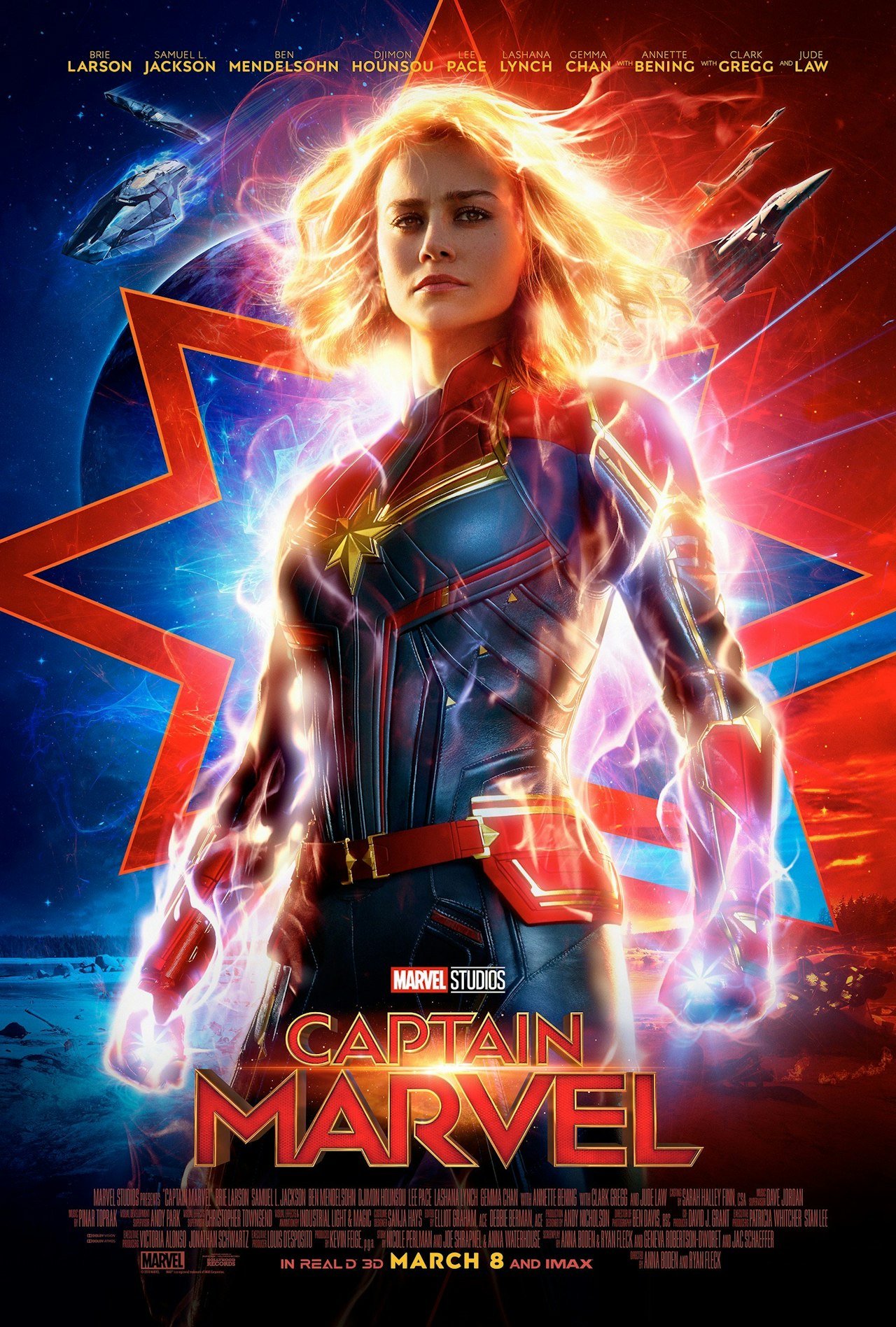
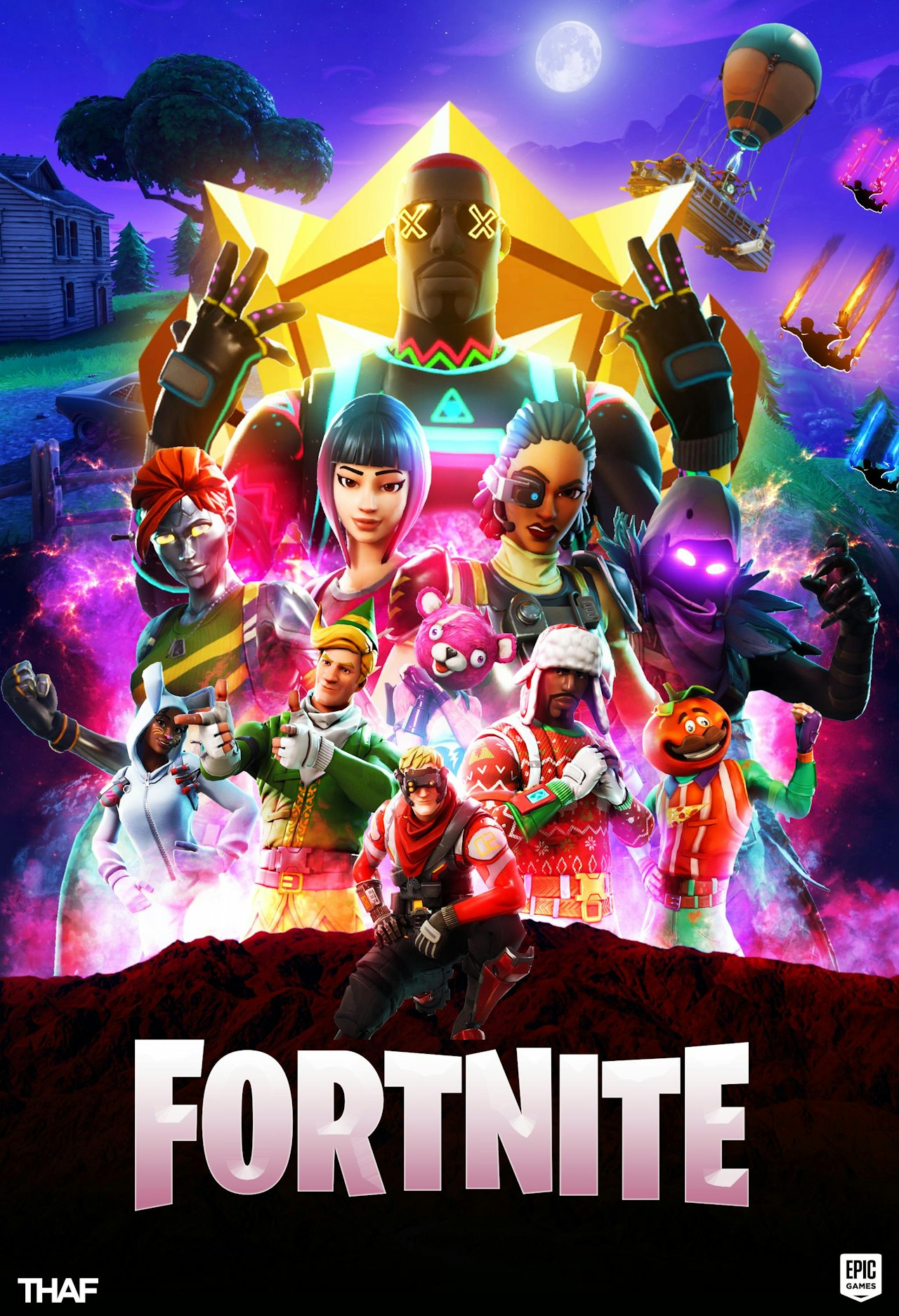
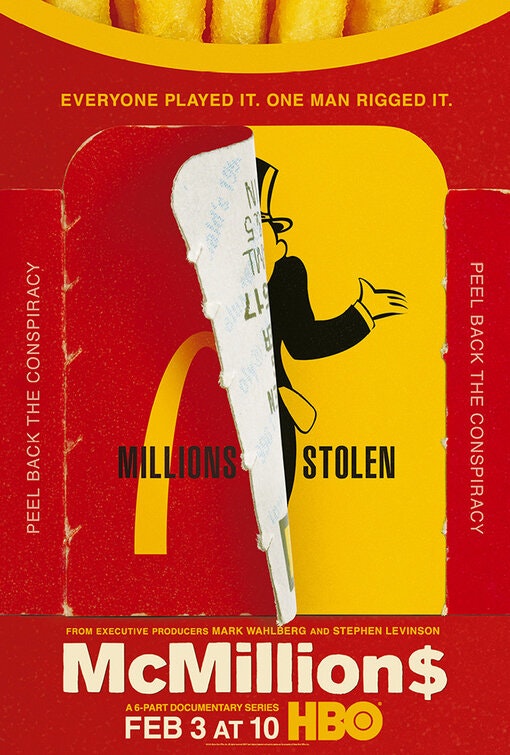
Does your approach differ when you’re scoring a documentary as opposed to a big Hollywood blockbuster?
I tend to think of storytelling from two point of views. I think there are times I want to watch something to get away from my life, where you just want to escape. And that's for me where the sci-fi and fantasy films are really amazing. But I'm also fascinated by life itself and why people do what they do. So I love documentaries as well as real life character driven stories because there are times that I just I want to explore stories that are very real. We need that as much as the other, and musically that also allows me to do something very, very different.
You also scored Fortnite, which has since gone on to become one of the biggest video games in recent years. How did you approach that?
There's some technical differences in terms of how you deliver things, but Fortnite is obviously this fantasy world. So in terms of the general approach, coming up with ideas was similar to how I score films. But the writing in a film is linear. In a game you don't know that because it will evolve depending on gameplay, so there’s a difference in that I have to write things in different ways, with different intensities. I also have to deliver different kinds of stems that are loopable and can go in any direction, so you have to think a little more dynamically because it needs to be able to evolve and do different things depending on gameplay.
When did you first realise that Fortnite had become so massively popular?
I did the game about three years ago in the summer. Nobody knew about it, you know? And I remember I even had these beta tester codes that I could give to my kids. I was like “hey guys, I'm working on this game. You guys can play it and tell me what you think.” And they, you know, automatically think that what I'm involved in is not cool. Who's laughing now?
The game was done with the score, and then I remember looking at the Xbox online store several months later, and it was number one. And then it started trending more and people started talking about it more, and then there was some article that came up when it passed like, a billion dollars or some insane number. I can't remember the amount. That’s when it really dawned on me. I was telling my kids, you guys could have been the first to play this!
What are you currently listening to?
I was listening to Mahler’s Second Symphony this morning! I go through different periods and right now I'm back into my Mahler mode. I also kind of go into pop and rock mode, and jazz mode. I listen to jazz more than anything else. I also listen to a lot of film scores. I try to be aware of what's around, and what everybody else is doing. I think it's good for everyone to do a bit of market research.
What’s the best advice a director has ever given to you?
I would have to think about that one. In general, what I've learned is to really respect where they're coming from. As composers, a lot of the time we come in near the end of the project but the directors have been involved from the beginning. So just having respect and really understanding their language is really the key. With every project I'm learning more and more about how their minds work with filmmaking, and that's pretty fascinating to me.
When I lost the job, I never said it's because I'm a woman. I had to forget about the fact that I'm a woman at some point and made it all about the work.
Have you ever been told to write less? A few of the composers I’ve spoken to have gotten that line.
I think that a lot of times when we first start out, we have this. We've been dying to show off, right? And I've actually encountered this quite a bit when I was teaching at Berklee College of Music for several years, both from scoring and orchestration. With students, a lot of times there's this tendency to completely overwrite just to show off their abilities of understanding harmony, counterpoint and everything else. And it almost ignores what's going on in the picture. So that's a very common tendency, and I think it calms down over time the more confidence you have.
At this point, the way I work is more about how can I say what I need to say with the least amount of notes and still get the emotion across, because filmmaking has changed. If you look at the scores from the 50’s, they're all elaborate with overtures and whatnot. The style has changed, so we need to adapt accordingly. With Stargirl, a lot of times the writing is very traditional and there's a lot going on. Some projects would be fine with that approach, but I guess it's all about knowing your director, knowing the intention of the project, and understanding that the film is always the melody. You’re serving that.
You’re scoring bigger and bigger projects. How do you balance the work with your home life?
I make sure that I'm a human first and a mother next and a composer third, because there were times when I was a composer first and when I acted like that you don't have any life to draw from. When we create, we have all the tools and we can write things and it'll sound fine but we do get burned out. For me, now more than ever – but I've always been this way – I really do love life very much. Music is something that I'm blessed with having every day of my life and it's the constant.
I think what I'm trying to say is I make sure I fill my life with things that I that I love and that bring me peace, because when I live a life that's as honest and loving and as peaceful as possible then that reflects in my work. When I come here in the studio, if my heart is clear and my head is clear I'm in a good place then I can be 100% present for what I'm about to create. But if the rest of my life is not in order – if I'm not sleeping well, if I'm not eating well, if I'm unhappy about something – I’m not giving 100% to my work. That’s why I say it's a very personal business. We're not necessarily crunching numbers – although, you know, sometimes we actually are – but it's a very heartfelt, very vulnerable, beautiful, and more often than not exhausting job.
I think mental health is generally not talked about enough, especially with creatives. I'll speak for myself, but I know quite a few friends who are creatives who are the same way: When I'm on a project, even if I'm not here in the studio – I’m cooking, or showering or whatever – I think in my head all the time. I'm living and breathing the work and so it's really important to be able to detach at times. I meditate. Walks are my salvation. I go out and sail as often as I can. For me, I need to be able to get away from sound because we live in a very sonically busy world. I am going to be 40 in October, and I'm finally at a place where I feel like if I have a deadline of course I do what I need to do to get it done, but I’ve just become better at time management and also just managing my mind and my soul so to speak.
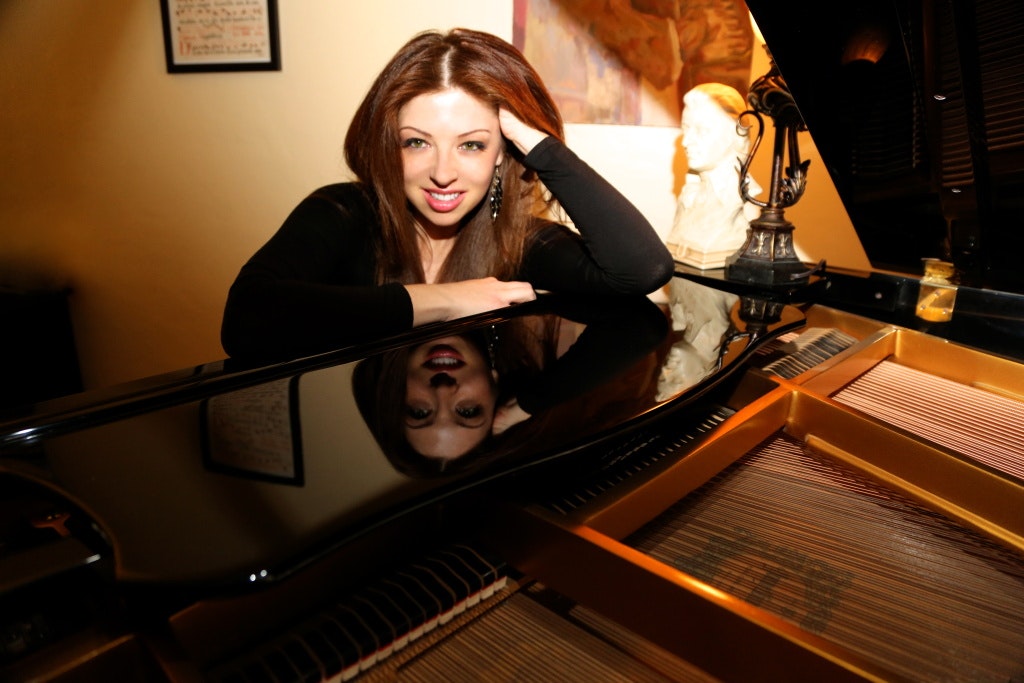
There's a lack of diversity and female composers in the industry. Why do you think that is and what can the industry do to improve the situation?
I can't answer for the entire industry, but I'll try to answer it the way that I kind of lead my life. The way that I have operated in my life was I remember growing up and not having a lot of examples to look up to, especially in the kind of genres that I was writing. There's Shirley Walker but honestly, if you were not in the industry, you probably didn't know about her that much. Everybody who does know her knows how fantastic she is.
We have only so much energy in the day when we wake up. So I could wake up and kind of worry about why there aren't enough female composers and, you know, put my energy into talking about it. But the way I operated was that every room I walked into, I never felt I was at a disadvantage. I genuinely didn't feel like I had any less going for me than anybody else. And so when I operated like that, they could sense that from me in every meeting I went to. When I lost the job I never said it's because I'm a woman. I had to forget about the fact that I'm a woman at some point and made it all about the work. I kind of put my horse blinders on and just did the best I can.
We all more or less know the reasons why things have been the way they've been in terms of diversity issues. How I think it can change is by example. The more there are examples of different gender, race, religious beliefs, and all forms of diversity across the spectrum, the less we're going to talk about it because it's just going to be the norm. But we just need to do more and more and more and more. One of my favourite quotes is ‘if you want to test a man's character give him power.’ So the people who are in powerful positions – they are able to choose. Hopefully, they're a lot more aware now that they're all different kinds of people from different backgrounds that are as capable as the next person.
So it will change and it is changing. We’re definitely feeling the shift, but it doesn't happen overnight. In the meantime, my personal goal is in my life, how many lives can I inspire? How many lives can I change? And hopefully, that will help foster change. It's also about looking at schools. That’s where a love of music and creativity can begin. For me, I had a father that made me believe that I could be anything I wanted, and I was not at a disadvantage because I was born a Turkish woman, you know? That to me was everything. When you grow up with that kind of confidence, it’s really powerful. Because if you don't grow up with it upbringing, it's very difficult to all of a sudden try to change when you're in your 20’s or later on. I think it really starts with how we raise our kids, and how we can make them believe they can actually do whatever and support them in whatever way we can. This way the colleges are filled with more diverse groups, and from that the employment and everything else will change over time.
I get the sense that for many, you are the example you’re speaking of. Has anyone approached you and said as much?
I'm fortunate to get people messaging me regularly. I wish I could reply to each and every one of them. I think that's really the most rewarding part of the job, getting those messages and knowing you've touched this person's life, living thousands of miles away from you in some way. And that's really, really lovely. I love that.
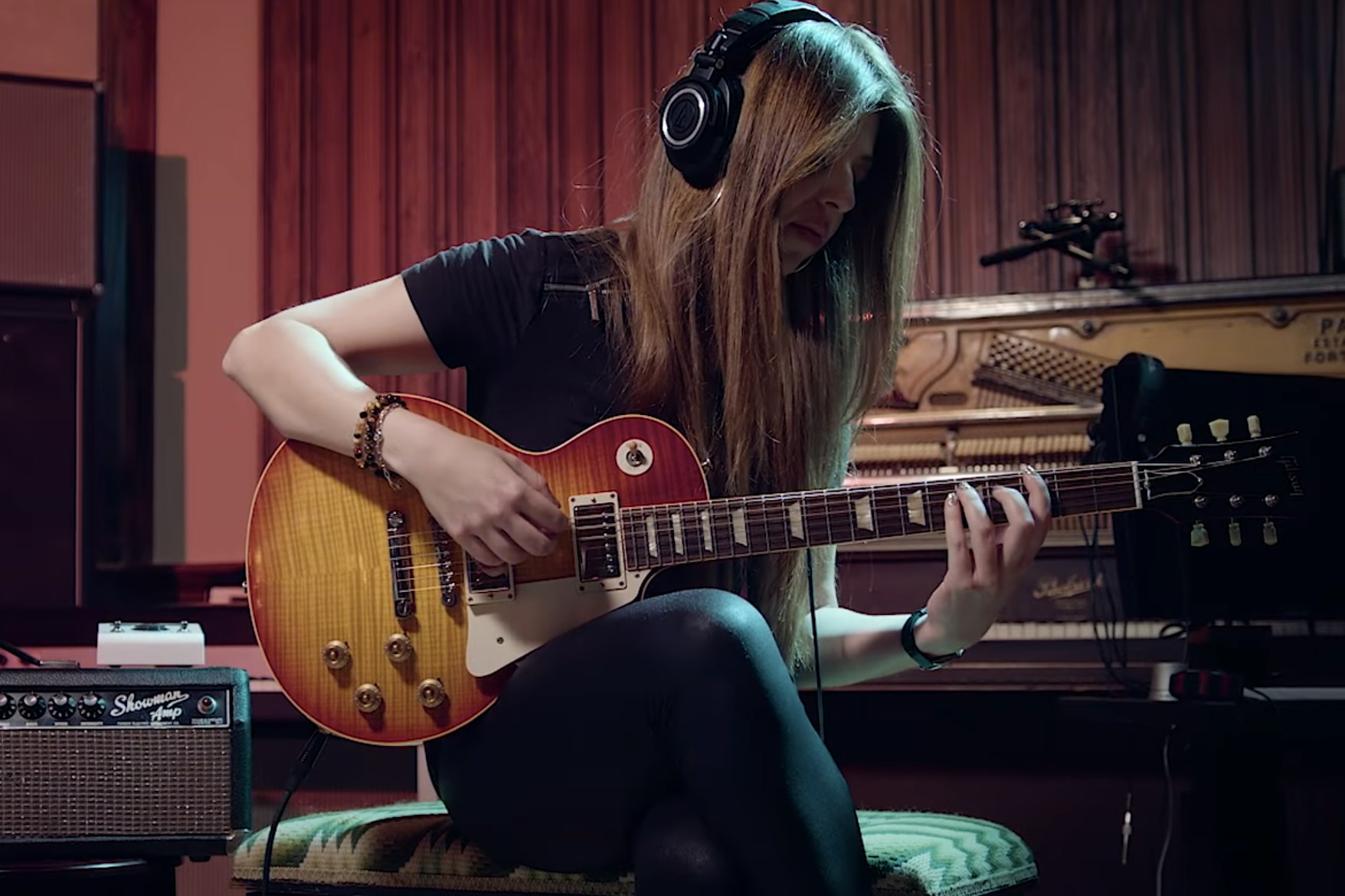
For the first part of your career your goal was to get your music heard, and you’ve definitely accomplished that in a big way. What are your goals for the next few years?
I have a lot of goals. For me, I have a bit of what I call musical ADD. I need different sorts of things to write. I get fulfilment from writing different genres and different styles, working with different people. I would love a life that continues to be filled with the kind of projects that will make me want to wake up in the morning and run to the studio because I can't wait to get my hands on that film, or video game or TV show. These days, all those lines are blurred so much anyway. It's really all about working with people that I want to work with, and inspiring more and more people. That's become really important for me, paying it forward as much as possible and just having a happy life.
When you look back on your journey to get to where you are today, is there anything in particular that sticks out to you?
Honestly, it was all of it. When I look back, everything led to the next thing and it was like a domino effect. Everything had to happen exactly where and when it did for the next thing and so on. I feel like I've had a lot of downs in this industry. It been less of a complete upward trajectory and more like a cardiogram. But I've learned much more from the downs than I have from the ups, and it was all necessary.
